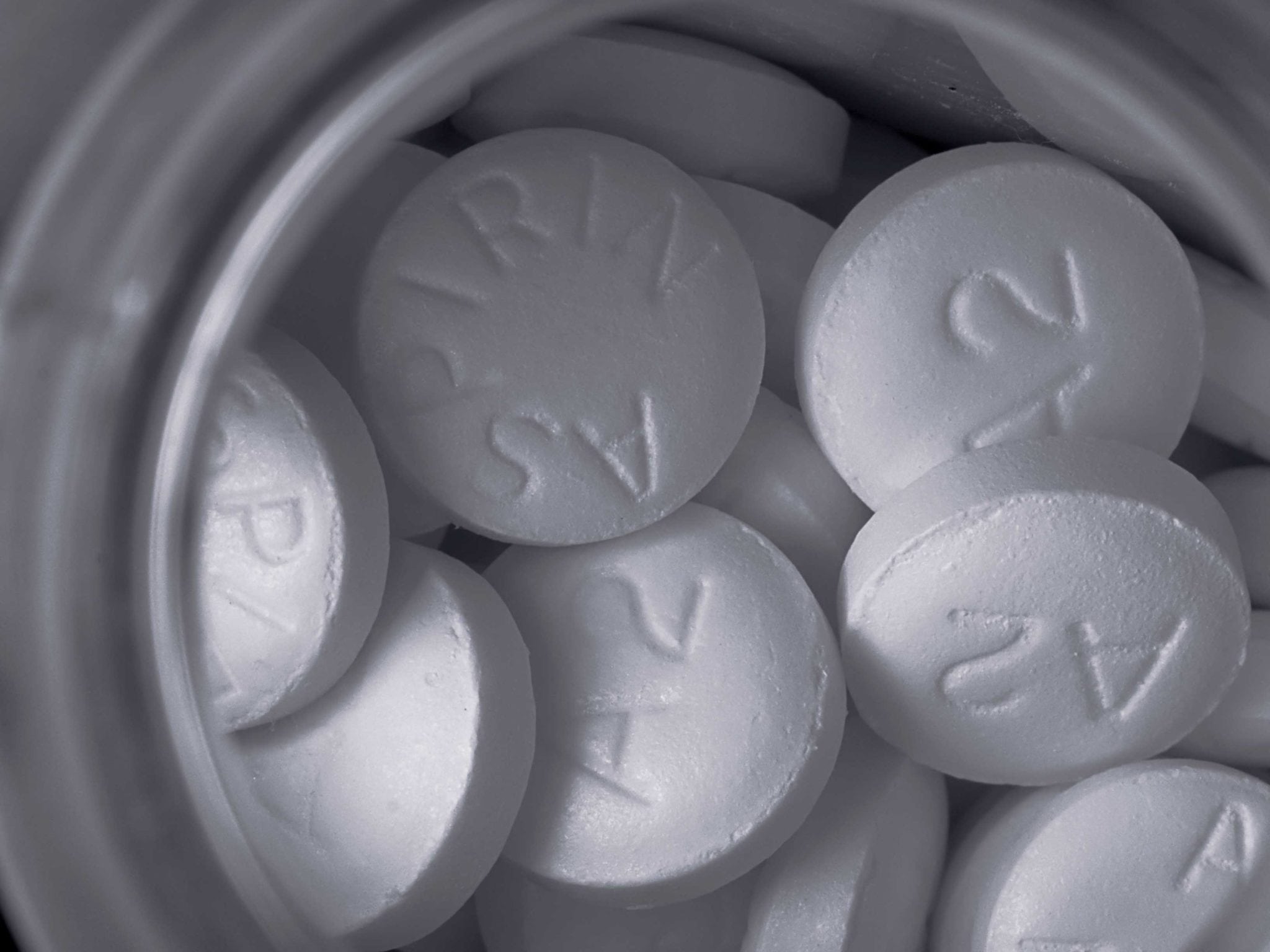<< Back
COVID Vaccine Side-Effects: Should You Take Pain Reliever Before or After Vaccination?

February 12, 2021
Aches and pains? Low-grade fever? Headache?
We’re all likely to pop a few over-the-counter pain relievers to ease our misery. When the second dose of the COVID-19 vaccine starts working in the body, all of those side effects can be felt. Yet many have been concerned that taking pain relievers might disrupt the effect of the vaccine, leaving them less protected against infection.
It’s a matter of timing, according to Dr. Steven Valassis, chairman of emergency medicine at St. Vincent’s Medical Center in Bridgeport, part of Hartford HealthCare. He took some over-the-counter Tylenol to ease the body aches he experienced after dose two of the Moderna vaccine recently.
Since then, the Centers for Disease Control and Prevention recommends a pain reliever after vaccination as needed — and after talking to your doctor — but not before a vaccination.
“When we get vaccinated, we want our body to have an immune response to the vaccine,” he said. “This is the body recognizing the spike protein and making antibodies against it that will protect us from COVID. People should not medicate prior to the vaccine because it may blunt this reaction. After someone is vaccinated, if they are uncomfortable, it is reasonable to take something to feel better.”
Dr. Valassis’ reaction to the dose was not as severe as he’s heard others relay – he had no fever, chills or severe fatigue – and it was brief.
“These symptoms are pretty short-lived,” he said. “When you think about what COVID can do to the body, it’s pretty minimal.”
A colleague, Dr. Daniel Gottschall, vice president of medical affairs for HHC’s Fairfield Region (including St. Vincent’s), said the vaccine symptoms are preferable to being sick with COVID. A day or two recovering from the vaccine shouldn’t dissuade people from getting it, he said.
“We know how important the vaccine is to preventing the illness, and to preventing people from getting really sick from the illness,” he said.
The reaction to the second shot, he said, indicates the vaccine is working. Within hours of injection, the vaccine prompts cells in the arm to create a harmless spike protein like the one found on the surface of the coronavirus.
Your immune system recognizes the protein doesn’t belong and triggers the production of antibodies that prompt the immune system to attack it. The immune system reacts more strongly to the second shot because the body is more likely to “recognize” the new protein, according to Dr. Gottschall.